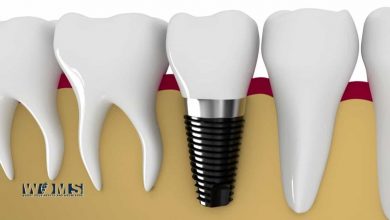The Hidden Dialogue Between Your Ears and Mind

Hearing isn’t a passive act. It’s an ongoing exchange between your ears and your brain, a constant flow of information that your mind must interpret, organize, and respond to. Every conversation, piece of background noise, or musical note sets off complex processing behind the scenes. When hearing begins to decline, that entire system has to work overtime to keep communication flowing.
When sound becomes faint or unclear, the brain steps in to compensate. It tries to guess what was missed, fill in details, or stitch together fragments of speech. That extra effort may not be obvious at first, but over time it can drain mental energy, making activities like focusing, remembering, or following conversations much harder. Many people don’t realize how much cognitive strain they’re under until fatigue and frustration begin to creep in.
Hearing loss also influences how the brain functions. Reduced auditory input can cause changes in the neural pathways responsible for processing sound, which may affect related cognitive skills such as attention, language comprehension, and memory. Without consistent stimulation, these networks gradually weaken — a reminder that hearing and thinking are more interconnected than they appear.
Social changes often emerge alongside these challenges. When listening becomes difficult, group settings can feel overwhelming, prompting people to withdraw or stay quiet. With fewer opportunities for rich conversation and engagement, the brain receives less stimulation, reinforcing the cycle of decline. Over time, this can reduce confidence, increase isolation, and further diminish cognitive resilience.
The good news is that early, proactive care can protect this hearing–brain connection. Making hearing tests part of routine health checkups helps identify subtle changes before they cause significant strain. Hearing aids and other assistive devices can restore sound clarity, reducing the burden on the brain and making communication feel natural again.
Equally important is staying socially and mentally active. Talking with friends, joining group activities, listening to podcasts or music, and challenging your brain with new experiences all help keep auditory and cognitive pathways strong. Lifestyle habits such as getting enough sleep, managing stress, and protecting ears from loud environments also make a meaningful difference.
Your ears and brain work together every moment of the day. Supporting one supports the other. By taking steps now to preserve hearing health, you strengthen cognitive well-being and maintain the rich connections and conversations that make life fulfilling.
To explore further how hearing and brain health intersect, check out the companion infographic from Golden Ears Audiology, providers of tinnitus treatment.




